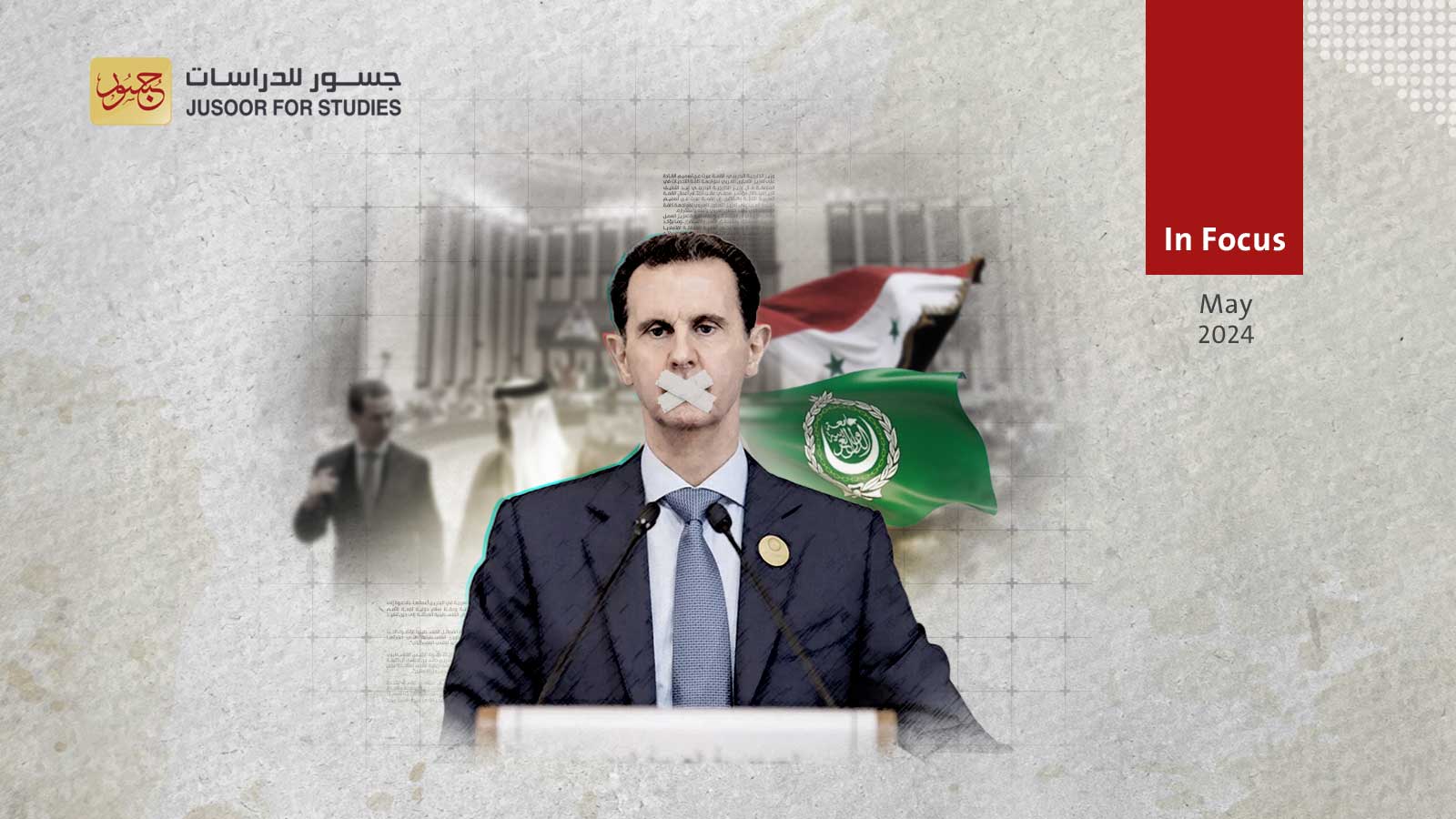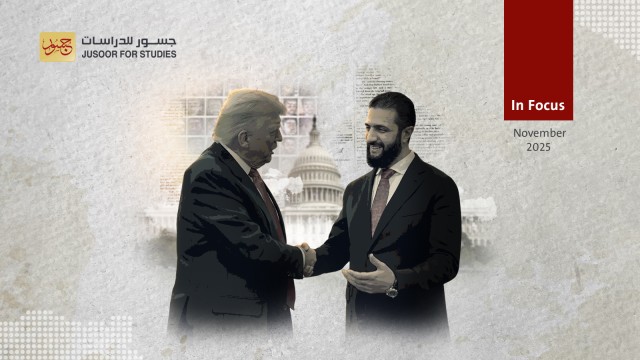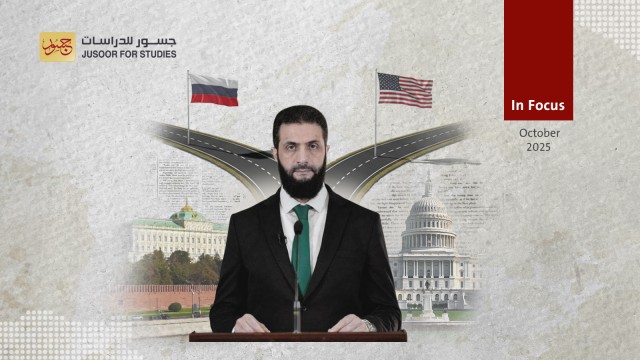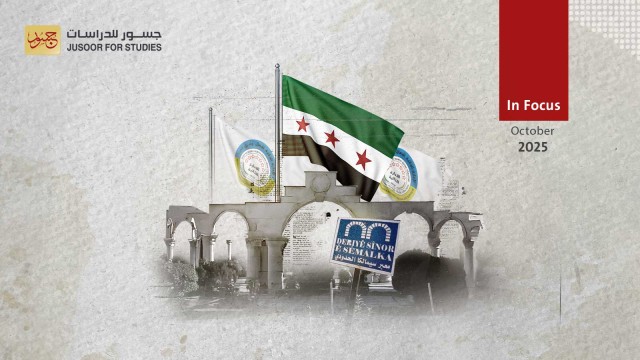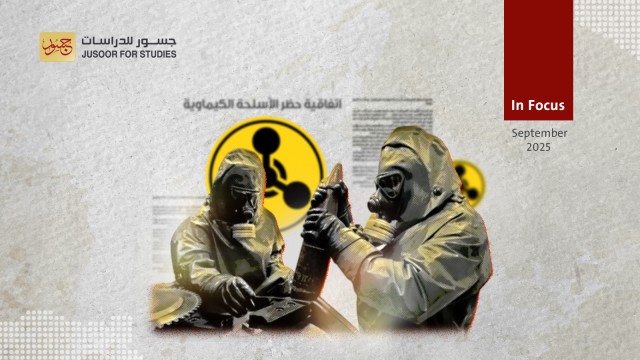Arab Summit Exposes Regime’s Continued Isolation
Syrian President Bashar al-Assad’s attendance in the Arab summit in Bahrain on May 16 marked his second participation in such a gathering since his regime regained its seat at the Arab League in 2023. Unusually however, Assad did not deliver a speech at the conference. Nor did the Arab League task the regime with hosting the next summit in 2025, as had been scheduled. It appears that the regime caved to pressure to give up its right to host the summit, in favor of Iraq.
Regime media suggested that Assad had been denied the opportunity to deliver a speech due as only a limited time of around three minutes had been allocated to each leader. However, the summit also neglected to include an address by the Syrian leader in its official documentation, under the title “Distributed but not Delivered”, as is customary for Arab leaders who do not wish to deliver speeches orally.
The final statement of the conference also reflected a cooling Arab position towards on the regime, including notions that had been absent from the declaration of the previous summit, in Jeddah in 2023. This year’s statement stressed “the need to end the Syrian crisis, in accordance with United Nations Security Council Resolution No. 2254”, which had not been mentioned in the Jeddah Declaration.
It further stressed “the need to create the conditions necessary to achieve the dignified, safe, and voluntary return of Syrian refugees to their country”, underlining “the importance of the role of the Arab Liaison Committee and the Arab initiative to resolve the crisis, as well as the need to implement the Amman declaration”. Finally, it added that the League supports “the efforts of the United Nations in this context.”
All this suggests that the Arab states’ refusal to give the regime a podium or allow it to host the next summit was a response to a lack of progress in the process of Arab normalization with the regime. Damascus has not responded adequately to requests by Arab ministers, nor to the decisions made at the previous Arab summit, meaning that other Arab states remain reluctant to fully re-integrate the regime into the Arab regional diplomatic architecture.
Various Arab leaders used the Bahrain conference to send messages about Arab leaders’ dissatisfaction with the regime’s behavior. King Abdullah of Jordan, for example, focused on the issue of cross-border drug smuggling and terrorism, while Lebanese Prime Minister Najib Mikati focused on the issue of Syrian refugees, emphasizing that Resolution 2254 remains the basis for a political solution to the Syrian crisis.
The Bahrain Declaration further played up the Arab Initiative, meaning that the process of Arab normalization with the regime has remains incomplete, and like international efforts, has suffered from a lack of commitment and responsiveness on the part of the regime. This is why the Bahrain declaration reiterated the statement by Arab ministers in Amman in May 2023, which had been absent from the Jeddah announcement.
The Bahrain statement also focused on the role of the Arab Ministerial Liaison Committee. The regime disappointed other Arab leaders at the committee’s first meeting in Cairo in August 2023, and continued to delay implementation of the Amman declaration and the decisions of the 32nd Arab Summit in Jeddah. This had prompted Jordan to refuse to attend the second meeting of the Arab Ministerial Liaison Committee, which had been set to take place in Baghdad in March. Rather, it opted to bring the Syrian question before all the Arab leaders again, taking it out of the hands of the ministerial committee, which had made little progress over the course of an entire year.
The Bahrain summit thus made it clear that the process of Arab normalization with the regime has not reached the stage where Damascus could host an Arab summit, something that would have crowned the process of reintegrating the regime into the Arab system. Therefore, until serious and tangible steps are achieved on the basis of Arab League resolutions, the Amman Declaration and UN resolutions, Arab governments are likely to retain severed or incomplete diplomatic relations with the Syrian regime, even if they maintain security relationships.
Furthermore, the process of integrating the Syrian regime into the Arab system is still linked to Western policy, specifically the camp led by the US, which is currently focused on containing Iran’s activities in the region, limiting the Islamic Republic’s influence in Syria and reducing the chances of conflagration between Iran and the Gulf. This has made the Arab states reluctant to offer the regime any gains. They are also keenly aware that US policy could change if this year’s presidential elections produce a Republican administration that, rather than seeking to contain Iran, restores the first Trump administration’s policy of maximum pressure.

